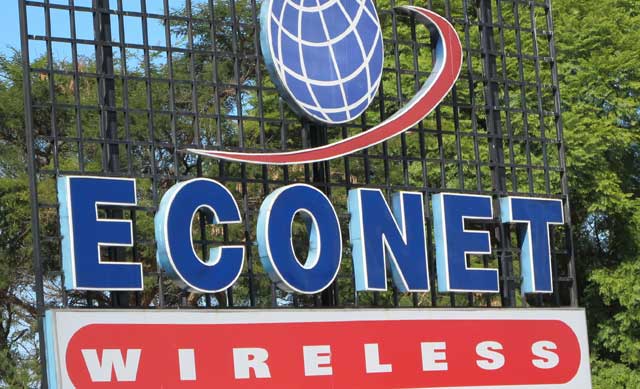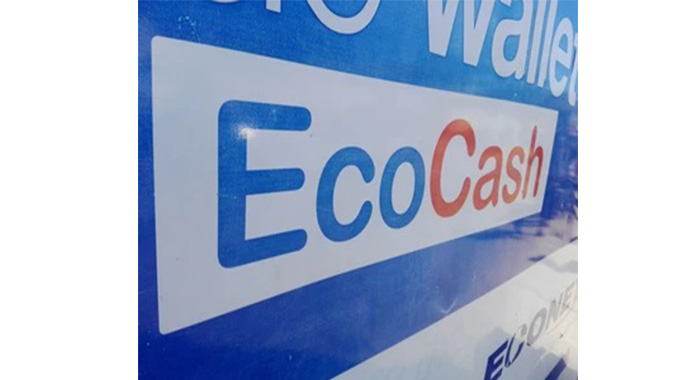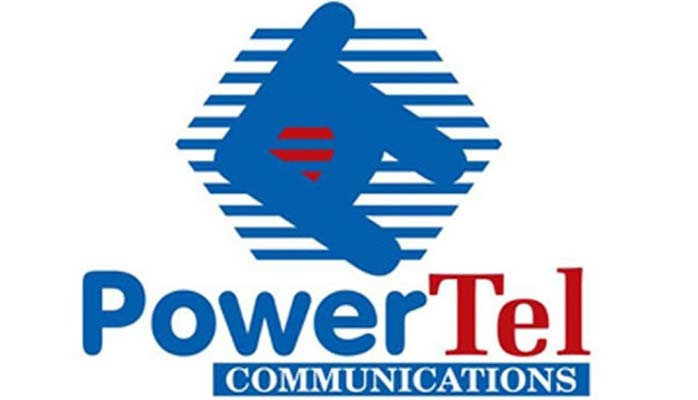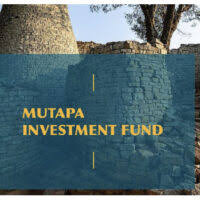
ZIMBABWE’S largest listed company, Econet Wireless Zimbabwe (EWZ) says the hyperinflationary environment and currency depreciation depressed real tariffs and as a result have significantly impacted revenues.
BY BUSINESS REPORTER
In a special trading update, EWZ said regulatory tariff increases continue to lag behind inflation which was impacting revenue as voice and data make up 80% of group revenue.
“The hyperinflationary environment and currency depreciation have depressed the real tariffs and significantly impacted operating costs and foreign exchange losses,” said EWZ company secretary Charles Banda, in a statement accompanying the special trading update released last week.
“The board and management are of the view that the financial performance trend will continue to be weighed down in line with past performance. As part of the business survival strategy, the company targets to reduce operating expenditure by 20% and made a call to our partners and suppliers to reduce their prices by the same margin.”
He said that the operating environment remained highly volatile and uncertain, hence the company anticipated depressed demand in the wake of the COVID-19 pandemic.
According to EWZ, although data traffic has been increasing since the start of the national lockdown due to more people working from home, the increase is not sufficient to offset the overall decline in real revenues.
This is because of the indefinite lockdown restrictions and declining economic fundamentals.
- Chamisa under fire over US$120K donation
- Mavhunga puts DeMbare into Chibuku quarterfinals
- Pension funds bet on Cabora Bassa oilfields
- Councils defy govt fire tender directive
Keep Reading
“We anticipate that the depressed demand in the wake of the COVID-19 pandemic, depreciating local currency and hyperinflation will continue in the short term,” Banda said.
“As such, cost containment and cashflow management are key focus areas for the company to navigate the crisis. The company’s digital transformation roadmap will ensure that we continue to provide quality service to all our customers.”
Banda said despite the regulator adopting a Telecommunications Pricing Index as the tool for setting tariffs, EWZ’s costs had been increasing in line with the movements in the formal rate of exchange, albeit, with very little availability of foreign currency.
“The frequency and responsiveness to market changes have been low and slow, resulting in our real tariffs being severely undermined,” Banda said.
He said as a result, EWZ was not able to pay its vendors for software licences and certain upgrades required in increasing capacity and maintaining quality of service.
The special report comes as EWZ saw voice, data and SMS traffic decline by 5,4%, 15,6% and 6,2%, respectively, on year-on-year basis in the first quarter of the year largely driven by uncertainty around the Zimbabwe dollar.
Within the quarter, EWZ complained that the interbank exchange rate increased by 38% from $17 to $25 against the United States Dollar while the Old Mutual implied rate increased 124% from 45,6 to 102.
Banda said although the Old Mutual implied rate was not reflective of the pricing of goods on the market, it was an indicator of the distortions that exist on the market.
“These distortions have a bearing on the cost of goods and services, including our own. The local cost of providing our services is increasing in line with market trends, where the alternative market is used for reference pricing,” he said.











